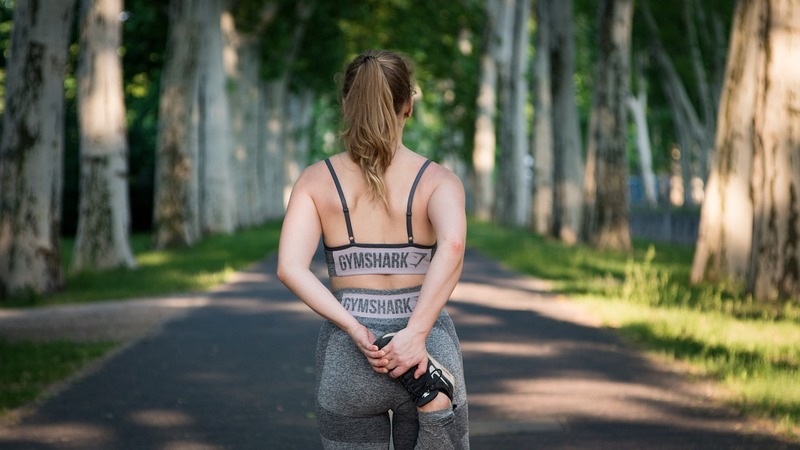Off-Season Strategies: How Athletes Stay Sharp Without Burnout
For many athletes, the off-season is not about stopping completely, but about adjusting the pace. Body and mind need restitujon after a long season, but complete rest can lead to decline. The balance between rest and activity is key. The off-season therefore becomes an important part of development, where smart training and mental breaks prepare the athlete for the next season without the risk of burnout.

Mental refresh: Go back without losing focus
Burnout is as much about the mind as it is about the body. Staying mentally sharp in the offseason doesn't mean constantly thinking about the next game. In fact, moving away from structured training can help athletes reconnect with why they started playing in the first place. Rebuilding that passion is one of the most underrated off-season strategies.
Some athletes take short walks, catch up on sleep, spend time with loved ones, revisit personal projects, take up new interests like cooking, delve into hobbies, or even explore other sports for fun. Some even engage in sports betting on events they are not affiliated with, placing bets through online sportsbooks that offer fast payouts, flexible payment methods, different betting markets and tempting promotions such as welcome bonuses, free bets, deposit matches and odds increases (source: https://sikrebettingsider.com/). However, it is important to note that many sports bodies prohibit athletes from betting on sports they are affiliated with, while some allow bets on unrelated events.
The off-season is a chance for athletes to keep their minds engaged and recharge after a tiring season in new ways. Some use the time to build mental strength through mindfulness, visualization or even sessions with a sports psychologist. The goal is to reset mental focus without pressure – return to the sport with fresh energy and a clearer sense of purpose.
Prioritize active recovery over intensity
The most effective off-season plans start with recovery, but not the kind that means lying still for several weeks. Active recovery keeps athletes moving without putting the same pressure on muscles and joints. Replacing vigorous exercise with lighter, lower-intensity alternatives – such as swimming, yoga or cycling – helps restore the body while maintaining mobility and cardiovascular fitness.
This period is also the ideal time to address minor injuries or annoying problems that may have been ignored during the season. By shifting focus from performance to restoration, athletes allow their bodies to heal and come back stronger. Restitusjon does not mean losing touch with conditioning; it means working with the body's needs, not against them.
Redefining goals and working with weaknesses
One of the biggest benefits of the offseason is the freedom to reset goals. During the competition season, the athletes are locked into routines and tactical priorities. But when the pressure subsides, it's time to reflect on individual performances and set new goals – especially those that are not directly related to the outcome of the match day.
For example, a soccer player might focus on core strength or foot speed. A swimmer can invest time in improving breathing technique. The off-season is the moment to identify weaknesses and turn them into future strengths. Coaches often use this period for technical improvements that do not receive attention during competition weeks.
By limiting the scope to specific areas of improvement, athletes can experiment and grow without the risk of overtraining. There's no scoreboard in the offseason, and that freedom helps development flourish without added stress.
Mixing It Up: Cross-training and new challenges
Doing the same type of training all year round can wear down even the most committed athlete, so it is important to train different muscle groups with a full body workout from time to time. The off-season opens the door to variety. Cross-training introduces new movements, new muscle groups, and often a fresh sense of challenge. A runner can take up boxing. A tennis player might try rock climbing or dancing.
This not only keeps things interesting, it helps reduce the risk of overuse injuries. By shifting stress across different muscle groups, athletes give overworked areas time to recover while still staying active. Many find that trying new physical challenges improves coordination, body awareness and general athleticism. It is a break from the routine that actually makes them better at their primary sport.
Stay connected to the team without pressure
For team athletes, the off-season can feel isolating. Training on your own has benefits, but a certain attachment to teammates